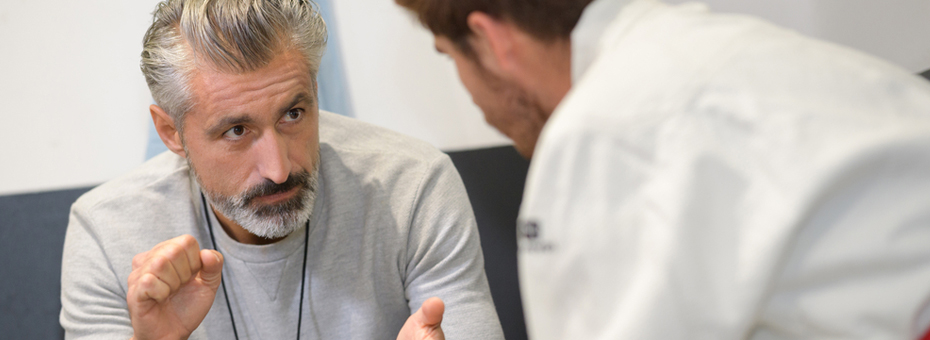I often hear how tired westerners are of Japanese terms used in the lean community: obeya, kaizen, hoshin, and monozukuri often head the complaint list. On one hand I understand the frustration. Like most jargon, these terms can actually be an impediment to learning. And in the case of Japanese words, some westerners assume a subtle insult in their use. However on the other hand, authors often struggle to express the underlying meaning and subtleties of what they have come to understand about these terms. One such word is “giri”.
Giri is a Japanese word I first encountered in the study of martial arts and was recently reminded of as I was finishing up a project. Giri means roughly duty, or obligation, in English, but as is often the case I believe there are important nuances that are difficult to convey. I am no linguist and do not even speak Japanese. However, my understanding is that giri represents the profound obligation of the student toward their teacher, the apprentice to the journeyman or the child to the parent. A very real debt or burden they carry through the deep understanding that whatever they have accomplished in life, they have not really done on their own. That they are forever obliged to their mentors who have passed on so many important lessons.
That has certainly been the case in my life and this fact was brought home to me while putting many of these lessons into print. Debts I owe in my personal life, my professional life – in my “lean” life. I owe so much to so many. In fact, this sense of deep obligation is the reason I agreed to co-author another book. I see my work as an attempt to at least make an insignificant payment against my debt by sharing some of those lessons with others who may find themselves facing similar challenges in product development.
Some of my mentors are well-known people like Alan Mulally, who demonstrated every day what it means to be a people centric leader. Others, who are perhaps known only to me include Al Stoultz, the German Master Machinist who insisted we apprentices “trig out” our machine setups to be accurate to within four decimal places. The lessons in each case far exceeded the specifics. “Giri” also reminds us of the intergenerational connection in the lean community as well as our obligation to early leaders like Sakichi Toyoda, Taichi Ohno, Jim Womack or John Shook. It is a potentially unifying force.
It was my recent reflections that also reminded me that I have not done nearly enough to either acknowledge or repay my obligations. And as I so often read the boastful proclamations of the next self appointed “genius” business leader or “star” athlete, it seems this “forgetfulness” is a very human failing that exists around the world. These claims to “greatness” are not only unhealthy, they are simply not true, and they get in the way of our humanness – and stifle our ability to continue to grow. None of us got here on our own.
So perhaps it is not a new word we have to learn after all. Perhaps it is a new respect. A spirit of obligation to the people who have done so much for us that we must keep in mind. Perhaps it is the humility born of the recognition of this connection to other people we have to learn. And perhaps, just perhaps, this particular lesson will bring us closer together as people. To whom might you owe such a debt?






